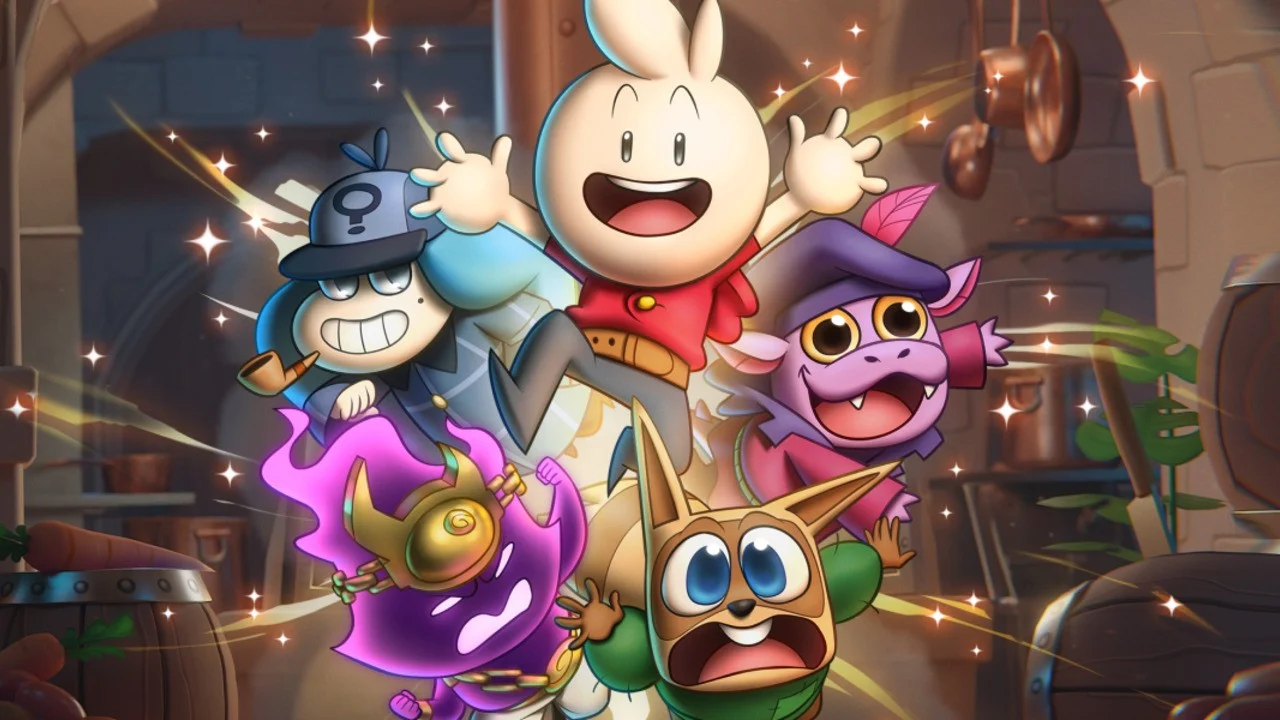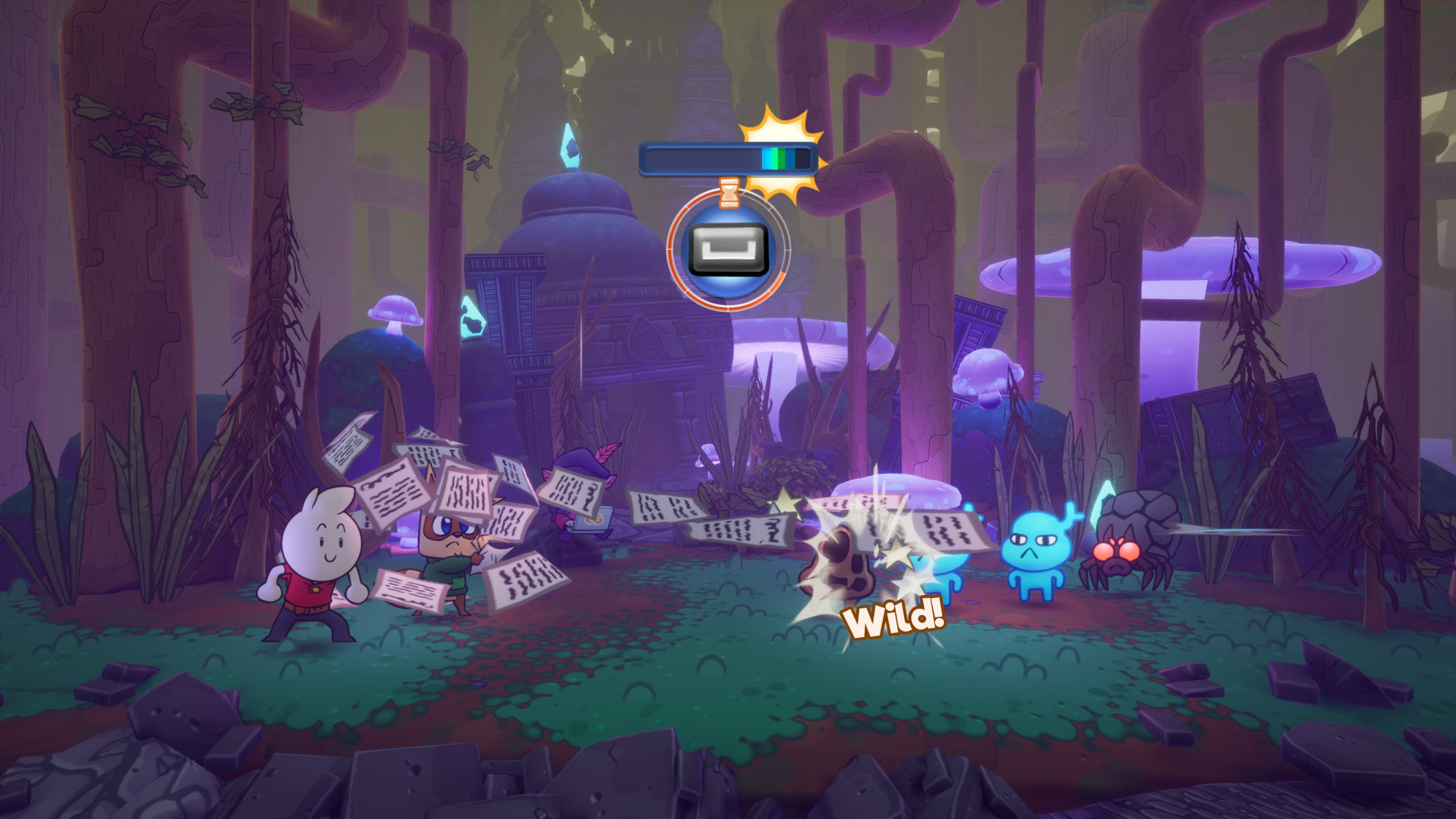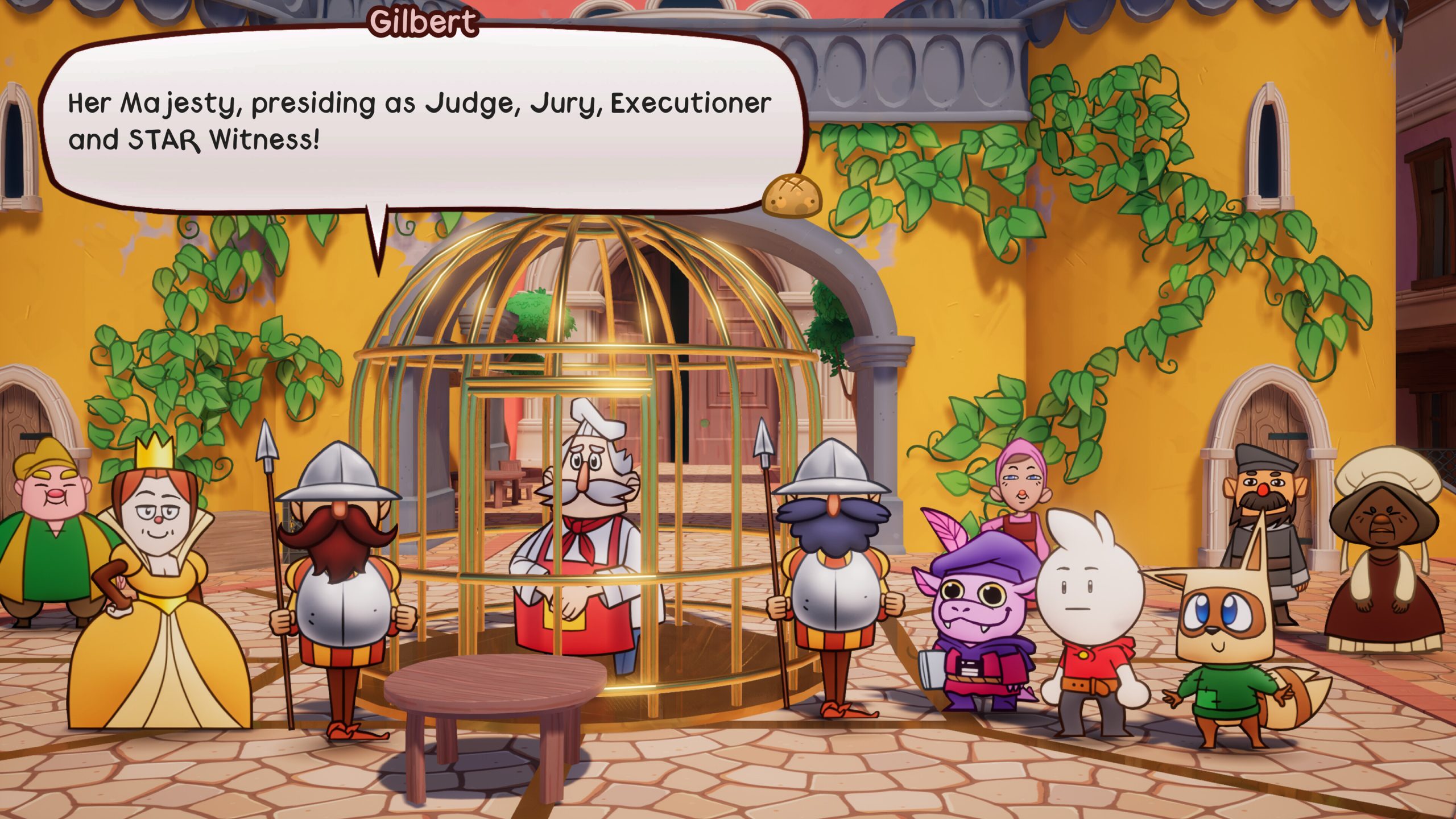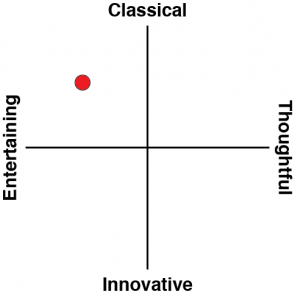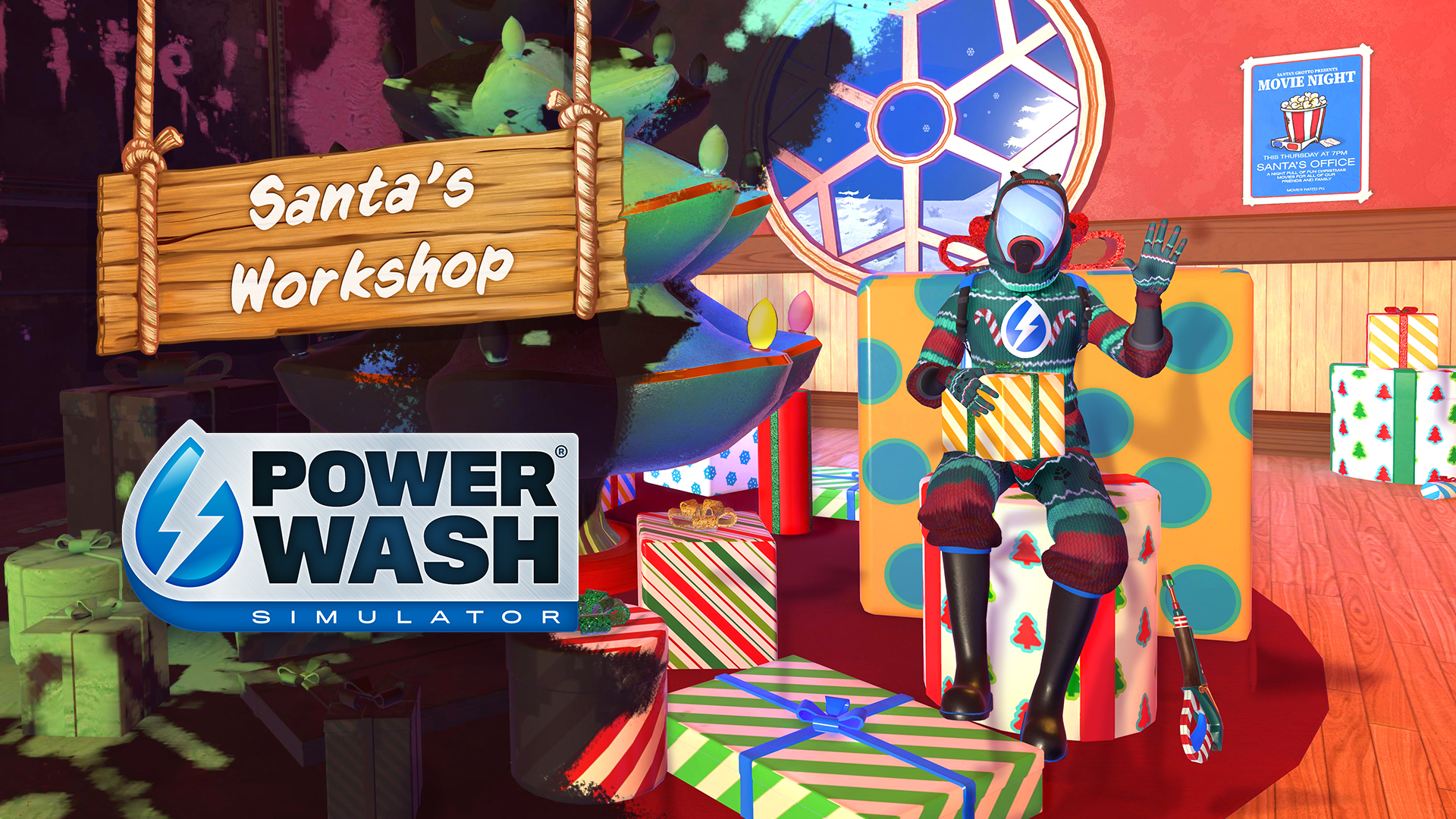Have you ever been to a comedy routine where, for whatever reason, the person at the mic just can’t land a joke? And as the crowd becomes more and more restless they try harder and harder? Sadly, that’s Born of Bread.
Born of Bread is in love with the Paper Mario RPG series, and desperately apes their style. The combat system, the exploration, the puzzles, and the storytelling delivery all come from people who are fans of Mario RPG first, and competent developers a very distant second. It looks the part – and that is the best bit about it, but every cut scene and second line of dialogue is trying to land a pun that comes across as far too desperate and far too generic to be funny. What’s more, good satire and comedy has some kind of point to make, but here all you’re going to get is the usual puns that you’ve heard a thousand times before, whether that be making fun of tropes within RPGs and video games, or the kind of puns you’d get from a bad Sunday morning cartoon. There’s no point to it. It’s just the developers throwing jokes around and hoping that players will find them as funny as the developers evidently did. The overarching narrative is totally generic as well – a bunch of bad guys have started wreaking havoc in the world and a baker is blamed for it, so it’s up to his Pinocchio-like bread golem to head out and defeat the evil while clearing the baker’s name. And… that’s it. RPGs can have light-touch and minimalist narratives, but what’s there needs to keep the player hooked and wanting more. Born of Bread was a chore to work through, and had no narrative payoff to make it worthwhile.
It’s sad that there’s so little personality or point in Born of Bread, because the fact that it’s a labour of love is clear. Unfortunately, if a game aims to be humourous and fails to elicit a laugh, it’s never going to be able to recover from it.
The combat system is unbalanced, too. It, too, is slavishly indebted to Paper Mario, in that it’s turn-based, and then every attack has a little skill-based input to maximise damage. Just like how in Paper Mario or Mario RPG you need to time button presses to score critical hits, here you need to play little micro QTEs, with each attack having a different skill tester involved. Unfortunately, if you mess up the QTE, then you effectively miss the attack. Meanwhile, if you get a “perfect”, you do barely more than a normal attack, and these micro QTEs really mess with the rhythm of each battle, making them wear on for far too long. There are some abilities that have elemental effects and some enemies have specific weaknesses, so you do need to indulge the system from time to time, but for the most part you’ll find yourself wanting to use the stock-standard, familiar, and safe attack as much as possible.
Enemies lack the charm of Paper Mario, too, with limited personality, animation, and quirks. This makes the rapid rate of combat exhausting, and it’s just as well the individual levels are generally small in scope, otherwise the journey would start to drag quickly.
Those levels are, again, inspired by Paper Mario, complete with puzzles and areas that are initially inaccessible until you’ve picked up particular skills on the journey. The problem here is that the camera is fixed and there are times when it’s hard to identify what you need to interact with and where you need to travel to next. Meanwhile, as pretty as the levels are, they’re quite generic and not particularly memorable, meaning that it can be difficult to remember where you need to visit once you’ve skilled up. Worst of all, there are bits that require precision “platforming” skills, but the controls are twitchy and not at all suited to any kind of precision play. Thankfully they’re not that frequent, but what’s there is enough to turn you off sourdough for life.
Finally, to save the most minor and yet also irritating issue for last, there’s a shocking inventory system at play, where you will never have enough space in your “backpack” for all the stuff that you pick up. Some games make inventory management part of the experience, but here it seems to be an arbitrary progression system, because you do eventually start to unlock upgrades that expand the size of your inventory, but only ever in-line with the increased need you’ll have for items as you get deeper into the adventure, because items are the main way you restore your ability points (which you need for the special abilities), and restore points are few and far between on the journey. Nintendo would never force you to use a system and then limit your ability to do so to this punitive level. It’s small irritations like this that remind you that Born of Bread is only a very hollow pastiche of the better games that inspired it.
Related reading: Another indie option for genre fans is The Outbound Ghost. Our review.
Born of Bread looks like a game that will be easy to love. The art in screenshots looks lovely, and Paper Mario-inspired titles are always welcome. It’s a lovely formula that lends itself to a lot of joy. But the developers completely misfired on this one. It comes across as a flat fan project that had original art assets dropped in at the last moment, rather than a cohesive creative work with its own identity, and, sadly, it’s one of the dullest games I’ve played this year.
Buy a Steam Deck to play this game on the go (This is an affiliate link. By buying after using it, you support DDNet, which earns a small commission)
